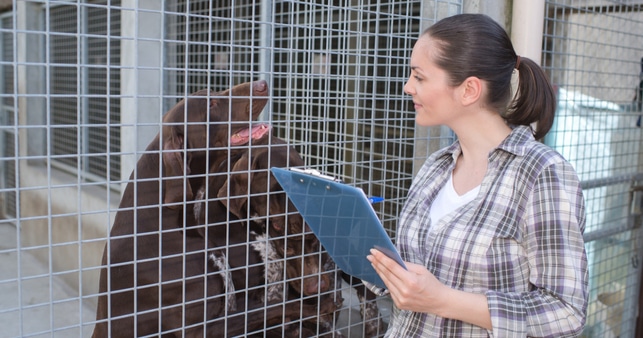
As restrictions ease in New South Wales allowing the unvaccinated to re-join most settings alongside their vaccinated counterparts, the chances of employers now identifying someone in the workplace who is infected with COVID-19, or has been in contact with someone with the virus, will skyrocket.
Combating COVID-19 isn’t lost on employers, as recent data from Employsure’s advice line for small business owners shows vaccination-related calls are still one of the biggest concerns for employers as they continue to juggle between enforcing restrictions and keeping their workplace safe.
For some, catching the virus might feel like a mild sickness, while for others, the effects can last for months. For employers who have staff away sick with COVID-19 symptoms like severe fatigue for more than 14 days, they need to be prepared for the possibility of lengthy staff absences.
“With more people likely to catch the virus now the floodgates have opened, if an employee develops long-term symptoms as a result, employers should treat it like any long-term absence and develop a plan to ensure their business doesn’t suffer,” said Employsure Business Partner Emma Dawson.
“When you have staff off sick for long periods of time, it is important to understand their level of illness and how it can affect their professional and personal life. Employers may want to not just obtain a medical certificate, but also a medical report (with the employee’s permission) that can help them to understand how long the illness will likely last and what they can do to help.
“There is no definitive way to handle a case, so how employees are supported will depend on their symptoms and the nature of their job. Adjustments may need to be made to help the employee as a result. If the employee gets tired easily but has a manual role, their duties could be changed to be less physical. If they are unable to work effectively from home in their current role as they recover, alternative roles could be considered.”
Employers are encouraged to hold regular meetings with the affected employee and consider any adjustments that can be made to help them. Those who suffer from long-term COVID-19 symptoms often feel frustrated, anxious, or isolated. It is important while the employee is off work that employers regularly reassure them of the support that can be provided.
Regular meetings will allow employers to keep track of any developments, and make staffing adjustments accordingly. Once the employer has a clearer picture of their employee’s health, they may find they can eventually work in some capacity. However, to help them perform at their best upon return, some adjustments may need to be made.
A phased return to work plan is one approach that can be considered to minimise the stress on the employee, as well as reduced duties to help ease the employee’s initial workload. Frequent breaks are also encouraged to help those still experiencing severe fatigue, as well as allowing staff to choose their start and finish times for when they’re feeling their best.
Of course, the business could eventually suffer if the employee is off for several months, and this is where employers need to be the most careful.
“If an employer is struggling to meet demand or is having extended trouble covering shifts, with no indication of whether the employee will be fit to return to work in the foreseeable future, it’s understandable they might want to consider further action like dismissal,” continued Ms Dawson.
“This can however, put a business at risk. Termination should only be considered only after all other avenues have been explored. If not, an employer could face an unfair dismissal claim.
“Employers should seek legal advice if there is any doubt, or contact Employsure for the correct way to deal with the situation.”
Media enquiries:



